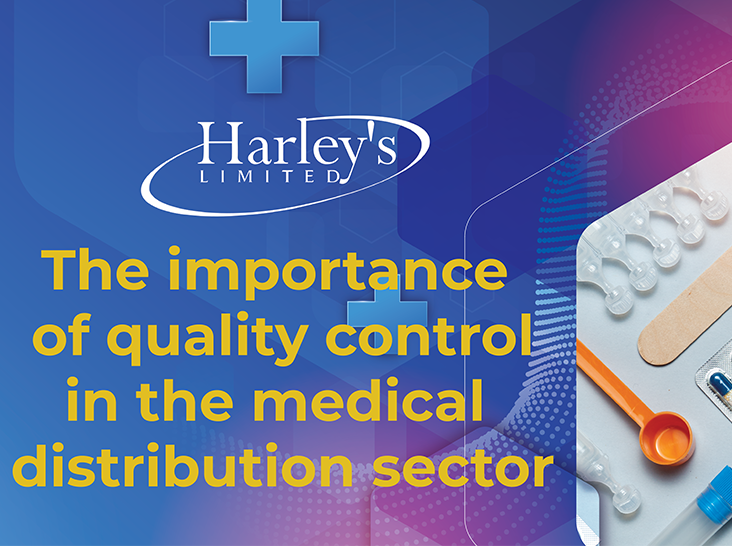The medical distribution sector plays a critical role in ensuring that medical supplies and equipment reach patients and healthcare providers in a timely and effective manner. However, the quality and safety of these products are also of utmost importance, and that is why quality control is a vital component of the medical distribution industry.
Quality control in the medical distribution sector involves the inspection, testing, and certification of medical products to ensure that they meet the necessary quality and safety standards. This process is crucial to prevent the distribution of substandard, defective or counterfeit medical products that could endanger the health and safety of patients and healthcare professionals.
There are several reasons why quality control is important in the medical distribution sector. Firstly, it helps to ensure that medical products are safe and effective. Medical products that are defective or counterfeit can have serious consequences for patients, including adverse reactions, treatment failure, or even death. Quality control helps to identify such products before they can cause harm, ensuring that patients receive safe and effective treatments.
Secondly, quality control helps to build trust between healthcare providers and patients. Patients trust healthcare providers to prescribe safe and effective treatments, and healthcare providers rely on medical products to deliver the expected results. If medical products fail to meet quality standards, it can erode this trust, causing patients to lose faith in healthcare providers and damaging the reputation of the medical distribution industry.
Thirdly, quality control is essential for regulatory compliance. Medical products are subject to strict regulations and standards, and quality control is necessary to ensure that these regulations are met. Failure to comply with these regulations can result in legal and financial consequences, including fines, product recalls, and even criminal charges.
Finally, quality control can help to reduce costs and increase efficiency in the medical distribution sector. By identifying and removing defective or substandard products, quality control can reduce waste and improve supply chain management, ensuring that medical products are delivered to patients and healthcare providers in a timely and cost-effective manner.
In conclusion, quality control is an essential component of the medical distribution sector. It ensures that medical products are safe and effective, builds trust between healthcare providers and patients, ensures regulatory compliance, and reduces costs and improves efficiency. By investing in quality control, the medical distribution industry can ensure that patients receive the best possible treatments, while also meeting the highest standards of quality and safety.

